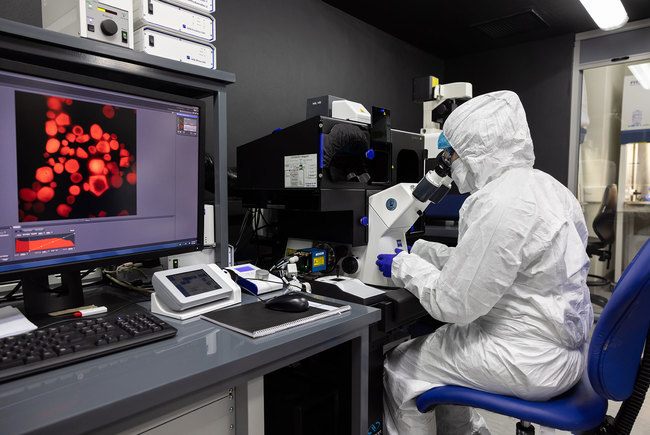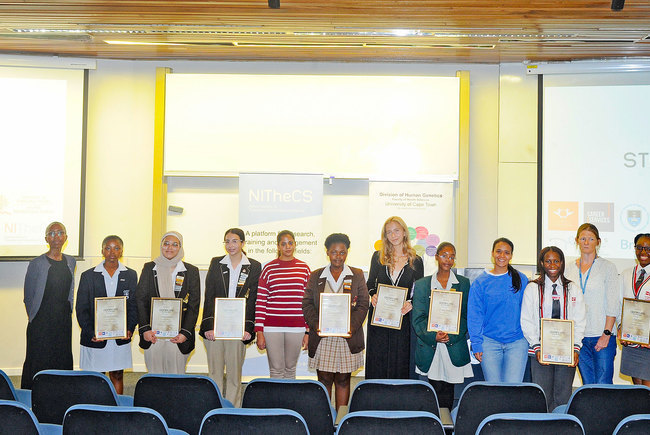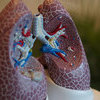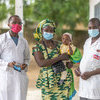COVID-19’s sex bias: men more at risk of requiring critical care
09 December 2020 | Story Nobhongo Gxolo. Photo Pexels. Read time 6 min.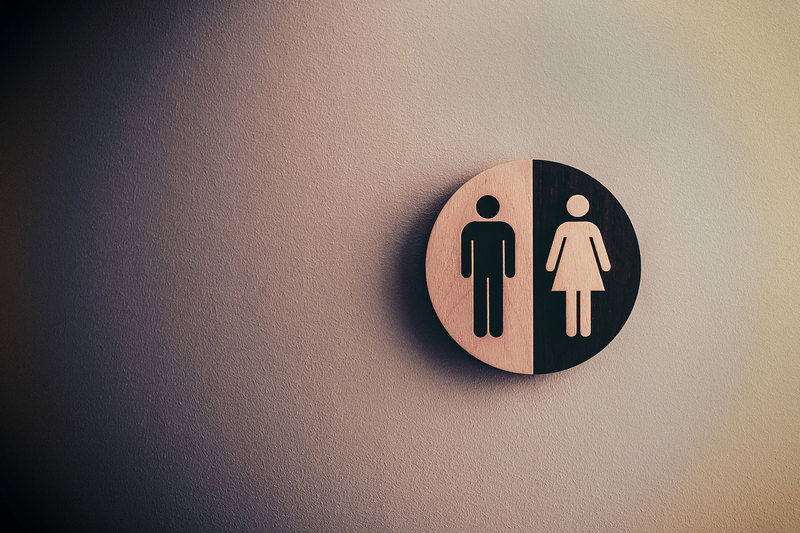
Global-scale collaboration between scientists has taken on new forms in the midst of the COVID-19 pandemic, with connection underpinning the work. A paper investigating the role of sex in patients infected with COVID-19 is the result of a partnership between researchers at the University of Cape Town (UCT) and the University College London (UCL) and was published in Nature Communications.
Dr Kate Webb is a paediatric rheumatologist in UCT’s Department of Paediatrics and Child Health. She studied sex differences in immune responses at the Centre for Adolescent Rheumatology Versus Arthritis at UCL.
“We found that women have a better early anti-viral response than men. This might give them relative protection from viral infections.”
Together they rallied previous colleagues who research sex and the immune system in autoimmune diseases. The researchers gathered COVID-19 reports from global hotspots to try and answer these and other related questions.
Working remotely can be challenging with team members falling ill, having contracted the virus; having to attend to their children during calls; facing the dangers of working on the frontline; or offering a hand with volunteer testing. Their workspace had to be flexible and adaptive to make room for these circumstances, while contributing sections of writing to a live, online manuscript.
“I have never worked like this before and it was truly remarkable to see this process unfold in such record time.”
“Through an amazingly fast online collaboration … I have never worked like this before and it was truly remarkable to see this process unfold in such record time … the team sieved through thousands of reports looking for data about infections, admissions to intensive care units and deaths. A lot of countries were not reporting sex in the early data,” said Webb, who was selected for the prestigious Crick African Network’s African Career Accelerator awards last year.
To prevent duplication, it was a rigorous process of checking and cross-checking reams of data collected from 46 different countries and 44 states in the United States from the beginning of January until the end of June 2020. The team simultaneously summarised known sex differences in the immune system to make the information easily accessible to other scientists.
Discoveries
“We discovered that among over 3 million cases of COVID-19 … there seemed to be equal proportions of men and women infected. This meant that men and women had an equal chance of being infected. Of those infected though, we saw that men had almost three times the odds (2.84) of needing admission to intensive care. Disturbingly, men also had 40% higher odds of dying from COVID-19 than women.”
There are various reasons that could account for the sex difference the team reported on. Figuring these out means answering questions like: Are men more likely to have comorbidities, such as diabetes or hypertension? Were the men that got infected older than the women?
These hypotheses remain untested and will require further study as the researchers weren’t able to answer these questions based on the data they had amassed.
“We don’t think that there is sufficient difference between the numbers of men and women with comorbid disease to fully explain the stark differences seen in the severity of COVID-19.”
“Based on population statistics however, we don’t think that there is sufficient difference between the numbers of men and women with comorbid disease to fully explain the stark differences seen in the severity of COVID-19,” said Webb. “We know that men, in general, have poorer immune responses to many different infections. Women on the other hand generally have a stronger immune response to infections. But women are more likely to develop autoimmunity, where the immune system is ‘overactive’ and starts to fight against our own bodies.”
The fight against a pandemic
For Webb and the team this work is their way of using their expertise to contribute to the fight against the pandemic. Understanding the way that COVID-19 behaves moves scientists closer to finding a solution. The findings could help contribute to vaccine development or to better predict who is at risk of severe disease.
“I don’t want men to feel vulnerable because of [these] data. The findings should empower researchers to ask why we see these differences, and how we can exploit this information in the fight against COVID-19 … This emphasises how sex differences in disease may highlight important pathways that we could potentially target.”
Sex should thus be considered an important biological factor when designing therapies and vaccination strategies for COVID-19.
 This work is licensed under a Creative Commons Attribution-NoDerivatives 4.0 International License.
This work is licensed under a Creative Commons Attribution-NoDerivatives 4.0 International License.
Please view the republishing articles page for more information.
Faculty of Health Science News











